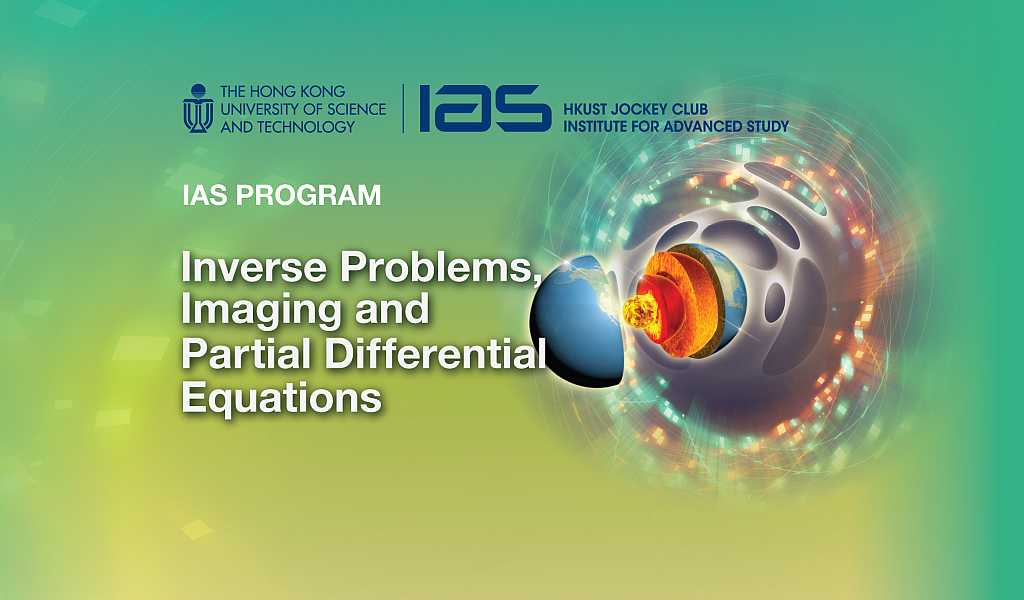Sparse Approximation and Its Application in CT Image Reconstruction
Abstract
Sparsity promoting regularization has been widely adopted in various image processing and medical imaging problems. Successful examples include total variation, wavelet frames, nonlocal means, BM3Ds, data-driven transformations, etc. The first half of this talk reviews some of the speaker and his group’s work on sparse approximation in image restoration. In a series of four papers, they established rigorous connections between wavelet frame transforms and differential operators in variational framework, as well as for nonlinear evolution PDEs. Such connections not only provide them with new and fascinating insights on both wavelet frame and differential operator based approaches for image restoration, but also enable them to introduce new models and algorithms that combine the merits of both approaches. In the second half of this talk, the speaker will review their previous work on joint image and Radon domain reconstruction for X-ray based CT imaging. Its main idea is to improve imaging quality by digitally increasing the number of CT measurements using sparse approximation by TWF in both spatial and Radon domain. Then the speaker will focus on their recent work on further improvement of CT imaging quality by introducing a spatial-Radon domain data-driven tight frame (SRD-DDTF) regularization model. The main motivation is that a pre-constructed wavelet frame system may not provide ideally sparse approximation for a specific image data. Therefore in their SRD-DDTF model, the sparse promoting transformations are learned from the given data instead of pre-constructed.
About the speaker
Prof. Dong Bin received his BS from Peking University in 2003, MSc from National University of Singapore in 2005 and PhD from the University of California, Los Angeles in 2009. Then he spent two years in the University of California, San Diego as a Visiting Assistant Professor. He was a tenure-track Assistant Professor at the University of Arizona in 2011 – 2014. He returned to his alma mater in 2014 and is currently an Associate Professor in the Beijing International Center for Mathematical Research of Peking University.
Prof. Dong's research interest is in mathematical modeling and computations in imaging and data science, which includes biological and medical imaging and image analysis, image guided diagnosis and treatment of disease, (semi-)supervised learning. A special feature of his research is blending different branches in mathematics which includes: bridging wavelet frame theory, variational techniques and nonlinear partial differential equations; combining sparse approximation with statistical and machine learning. He received the Qiu Shi Outstanding Young Scholar award in 2014 and the award of the Project of Thousand Youth Talents of China in 2015.
About the program
For more information, please refer to the program website http://iasprogram.ust.hk/inverseproblems for details.



